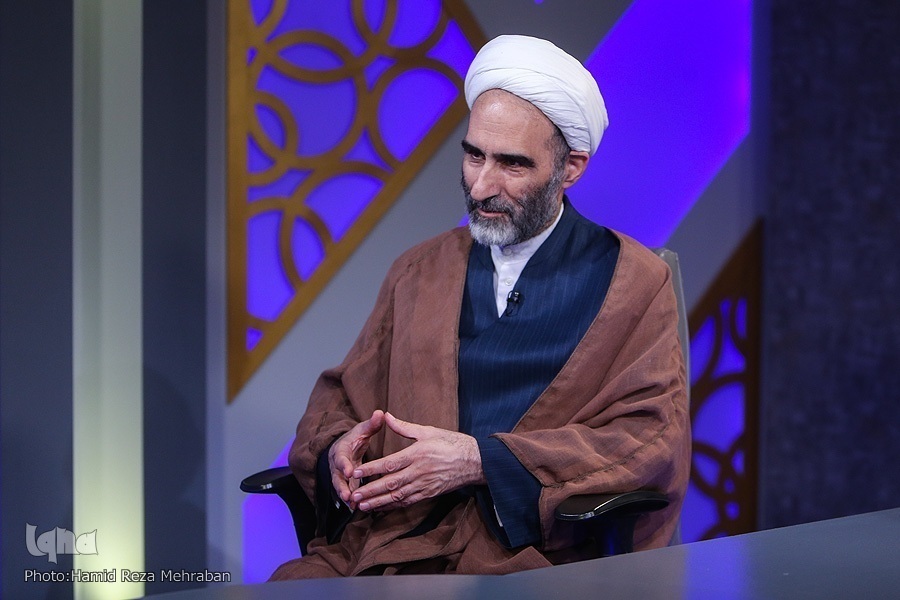Islamic Teachings Demand Urgent Action Against Environmental Harm: Cleric

In an exclusive interview, Ayatollah Ahmad Moballeghi, a prominent scholar in Islamic environmental jurisprudence, underscored the importance of addressing pollution as a critical moral and religious obligation.
Speaking to IQNA, he explored Islamic perspectives on environmental contamination, particularly air pollution, and its profound ethical implications.
“Islamic teachings include concepts that directly relate to pollution, such as the dichotomy between 'pure' (tayyib) and 'impure' (khabeeth),” Ayatollah Moballeghi explained.
While traditionally applied to food, he noted, these terms reflect broader principles of cleanliness and contamination. “Impurity signifies harm and is forbidden, while purity indicates permissibility. Pollution, which causes harm, falls under the category of the forbidden in Islamic logic,” he stated, citing the principle of “la darar wa la dirar fil Islam” (“there is no harm or causing harm in Islam”).
Read More:
The scholar said that combating pollution is not just recommended but mandatory. “Failure to address pollution is itself a sin. Pollution of air, water, soil, and even sound or light harms individuals and communities, making its creation, use, or neglect impermissible,” he asserted.
Ayatollah Moballeghi identified air pollution as particularly severe due to its widespread impact and rapid transmission. “Air pollution affects every breath, causing immediate health repercussions, from respiratory diseases to premature deaths. It’s a crisis that cannot be ignored,” he said.
The scholar criticized the lack of awareness among individuals and policymakers about the moral gravity of environmental degradation.
“We tend to view sin on an individual level, ignoring societal sins like polluting the environment, which harm entire communities. Such collective harms are far graver than individual wrongdoings,” he argued.
Highlighting the transformation brought by industrialization, Ayatollah Moballeghi added, “Unlike 100 years ago, when nature could recover from limited human impact, modern technology inflicts damage that ecosystems cannot repair. This demands a shift in our mindset.”
Read More:
Calling for decisive action, he urged leaders to prioritize environmental issues. “Addressing air pollution should be the top priority for policymakers, not an afterthought. It directly concerns human life,” he said, referencing a verse from the Holy Quran: “Do not transgress the balance” (Surah Al-Rahman, verse 8).
The scholar also pointed to the intersection of environment with all aspects of life. “The environment is central to religion, culture, economy, and technology. Protecting it is vital for humanity’s survival. As the Quran states, ‘The earth He has set for all beings’ (Surah Al-Rahman, 10). Every action must consider its environmental consequences, making ecological responsibility non-negotiable for individuals, governments, and institutions alike.”
4259238
Translation by Mohammad Ali Haqshenas



